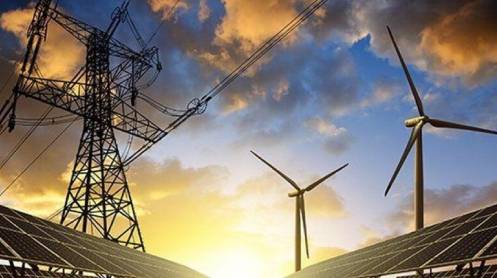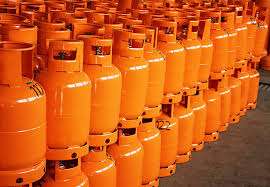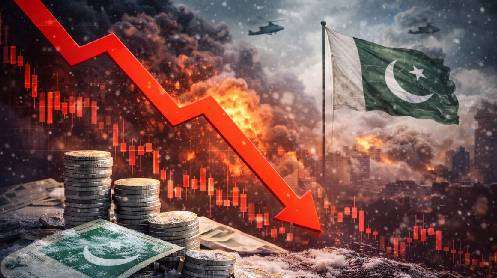LAHORE: Pakistan is accelerating its shift away from fossil fuels faster than many regional economies, with an ambitious target to generate 60% of its energy from renewable sources by 2030. This transition is part of the country’s broader strategy to cut emissions and combat climate change.
According to global data from the Energy Institute, fossil fuels accounted for 81.9% of Pakistan’s total energy consumption in 2023—down from 86.7% in 2019. This 4.8 percentage point drop far outpaces the average decline of 0.8 points seen in other low- and middle-income nations.
Recent National Electric Power Regulatory Authority (NEPRA) data highlights that clean sources—hydropower, nuclear, and other renewables—contributed around 54% of the energy mix in April 2025. Meanwhile, reliance on expensive furnace oil has declined significantly, now making up just 1% of the mix.
While regional economies such as India and China continue to rely heavily on coal (75% and 61% respectively), Pakistan’s Thar coal comprises only 13% of its energy mix, striking a balance between reliability and affordability.
Economist Asif Arslan Soomro emphasizes the importance of maintaining a diversified energy portfolio. “A balanced transition is essential to protect economic stability. Indigenous sources like Thar coal, alongside renewables, can shield the country from geopolitical and market volatility,” he noted.
The energy transition will require an overhaul of Pakistan’s existing infrastructure, including upgrading hydropower plants and national transmission systems. The Ministry of Climate Change estimates that over \$100 billion in investment is needed to make the sector carbon-neutral, with \$50 billion required by 2030 to meet renewable energy targets.
Despite contributing less than 1% to global greenhouse gas emissions, Pakistan ranks among the most climate-vulnerable countries in the 2025 Climate Risk Index. The country has pledged to unconditionally reduce projected emissions by 15% by 2030—and up to 50% reduction contingent on international financial support.
Story by Shahram Haq







